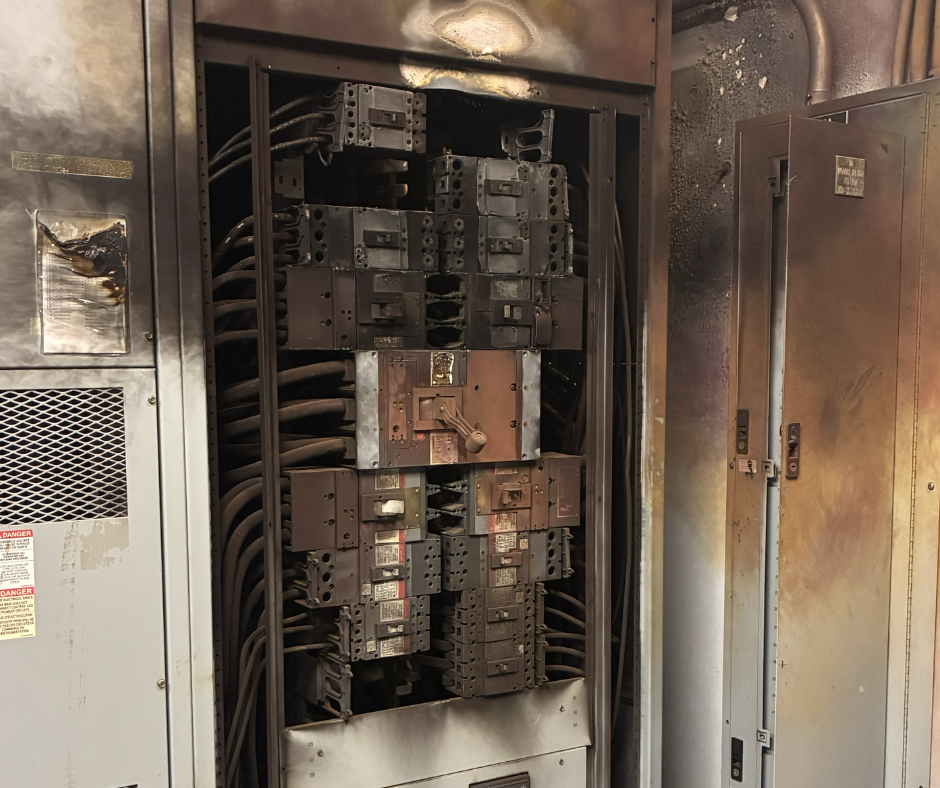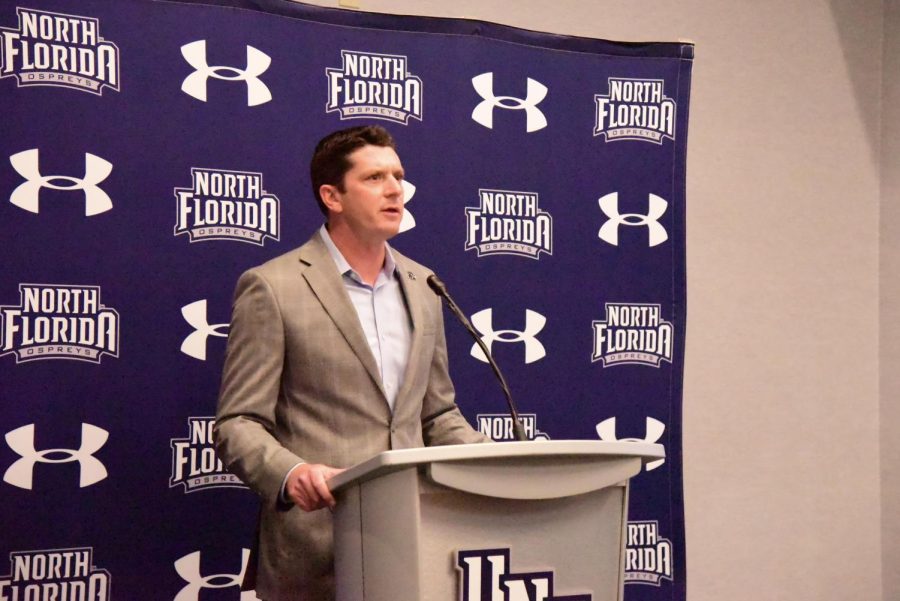By: Maggie Seppi
Even in the wake of the green movement, water conservation has been pushed to the back burner – a trend that may prove detrimental to our generation if it continues.
The pumping of groundwater to sustain Florida’s fast-growing population has caused the drying up of wetlands and springs, as well as having an affect on the amount of water in Florida’s aquifers.
Individuals deeply concerned with the state of the water in Florida, and across the eastern United States, have a lot to say on the issue.
“There are two major issues facing our water: nutrient pollution and quantity,” said the St. Johns Riverkeeper, Neil Armingeon..
The St. Johns River is experiencing nutrient overload, Armingeon said. Phosphorous and nitrogen are necessary for all ecosystems, but the river currently contains a harmful level, he said.
The excess nutrients cause algal blooms, which deplete the oxygen the fish depend on, and reduce the light needed to sustain plant life.
The causes of the excess nutrients in the river include storm water runoff, fertilizer runoff and wastewater treatment plants.
Cynthia Barnett, author of “Mirage: Florida and the Vanishing Water of the Eastern U.S.” and more recently,“Blue Revolution: Unmaking America’s Water Crisis,” is speaking at UNF on the issues facing Florida’s water supply and what solutions she believes should be implemented.
“We thought we took care of this years ago, with the Clean Water Act of 1972,” Barnett said. “You would have thought, more than forty years later, these problems would have been solved so it’s pretty sad to see they are coming back again,” Barnett said.
The point of her new book, “Blue Revolution,” and her most emphasized solution to the problems facing water, is to call for a water ethic in Florida, Barnett said.
“I had covered water issues for so many years but I could see that water managers weren’t enough, environmentalists weren’t even enough,” Barnett said. “It’s not solely up to citizens, but it has to be a shared ethic,” she said.
As far as solutions businesses can implement, Barnett referenced a chapter in “Blue Revolution” about the Frito-Lay plant in San Antonio, Tx. The business paid for retrofits and allowed the plant to transition to more effective equipment.
“Businesses that embrace a water ethic can save some 10 percent of energy costs,” Barnett said. “Yes, businesses initially have to pay, which they often don’t like to do, but in the long run, it saves them far more.”
“It’s a myth that it takes money to conserve,” Barnett said.
The lecture will take place at the UNF University Center on Oct. 11 at 7 p.m. It is part of her tour to promote her new book, “Blue Revolution: Unmaking America’s Water Crisis.”
Aside from pollution, water’s diminishing supply is another issue southern states face.
Though water seems endless when pouring from faucets and fountains in homes and around town, it is far from it. And its limitations will only become more apparent over time.
Beyond 2013, our aquifers will not be able to sustain our water supply needs, according to the St. Johns River Water Management District.
One solution is to tap the fresh water upstream in the St. Johns River.
At first glance, it appears a viable solution. However, doing so allows salt water to push further into the river, eventually taking over the fresh water sites. This process is called salt-water intrusion, according to Cliff Ross, an associate professor in the biology department at UNF.
The only forseeable effect at this time, is the dying of plant and fish life that can’t handle the increased levels of salt water, Ross said.
What researchers can’t predict, is what effects the lack of these fish and plant species will have on other life in the river.
“A lot of us in the biology department are studying the current effects, so we don’t know for sure, but it’s likely not going to be much of a good thing,” said Ross. “Right now it’s a big question mark.”
However, the blame cannot be put solely on citizens.
“For a while there was a series of governors and legislatures in Florida that were very focused on water quality,” said Courtney Hackney, chair of the Biology Department.
“There’s been a change in power. Now it’s all about corporations and money, and if it costs money, we don’t want it.”
This isn’t all to say being aware of emissions is irrelevant and recycling unnecessary. It still stands that every little bit counts.
But while grabbing the reusable bags instead of plastic, maybe citizens should think about skipping the sprinklers for the week.















